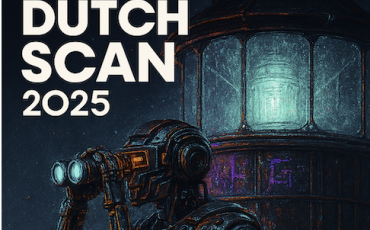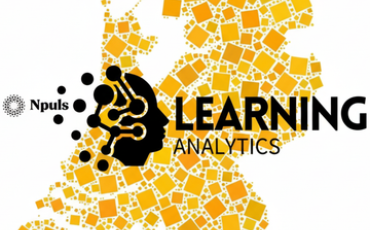Recently, I talked to a colleague who faced a current dilemma. They had a course with a test that required students to write an assignment.
In the past, you would give this assignment to students and send them home to work on it. Some had their parents, cousins, or siblings do it for them. Others copied and rewrote texts in their own words, while some did the task all by themselves.
Because of the risks of using advanced AI and the short time for the test, which had to be done in two weeks, the school decided to have all students do the writing assignment on campus.
This meant they had to somehow arrange hundreds of computers - which could only be used as word processors, provide space, and schedule the students. It was also necessary to plan for supervisors.
It was a panic situation. But how do we handle this next semester? Will we do it this way again? My colleague said they don't have an answer to this question yet.
Now I'm getting to a crucial topic, which is actually the main message of my blog. As long as the management or leaders of a program are not aware of the impact of AI on our daily activities, or don't make it a priority, there will always be a last-minute response.
Teachers need time and resources to learn about AI and make their courses AI-proof. Although teachers can take initiative, the primary responsibility lies with the leaders. They should provide the teachers with the necessary knowledge, resources, and, again, time to make future semesters run smoothly.
I hope that leaders reading this will put this topic high on their agenda. And not just to talk about it, but to take real action.



0 Praat mee